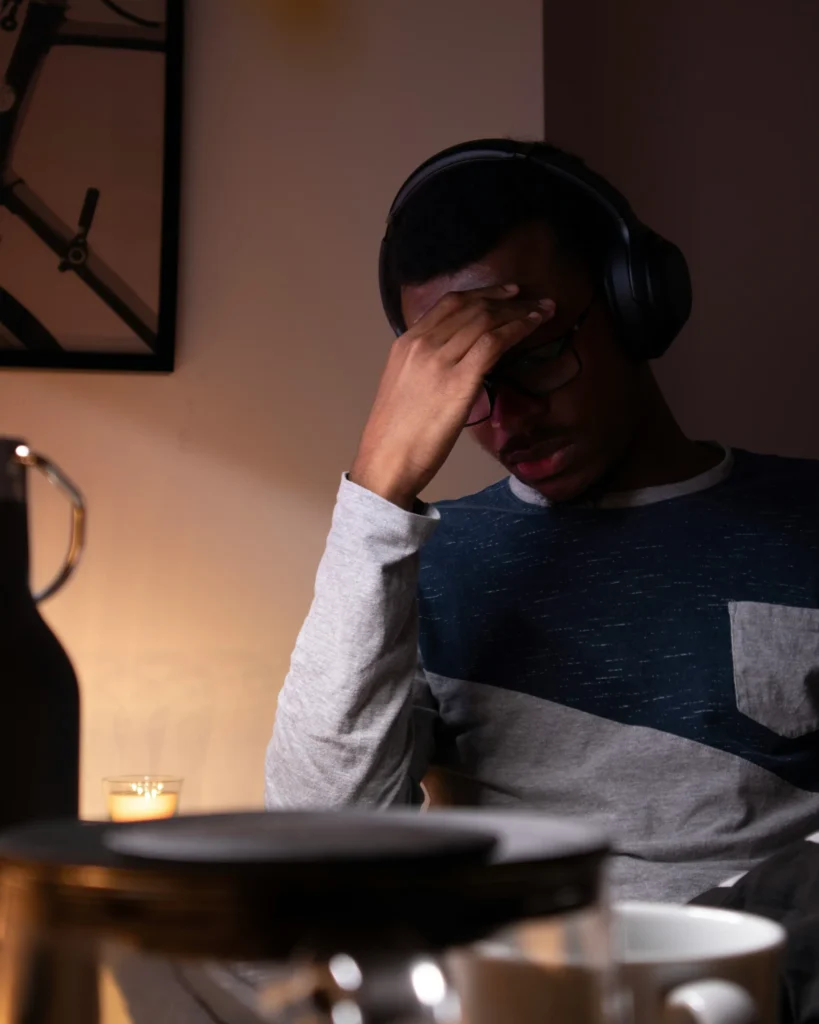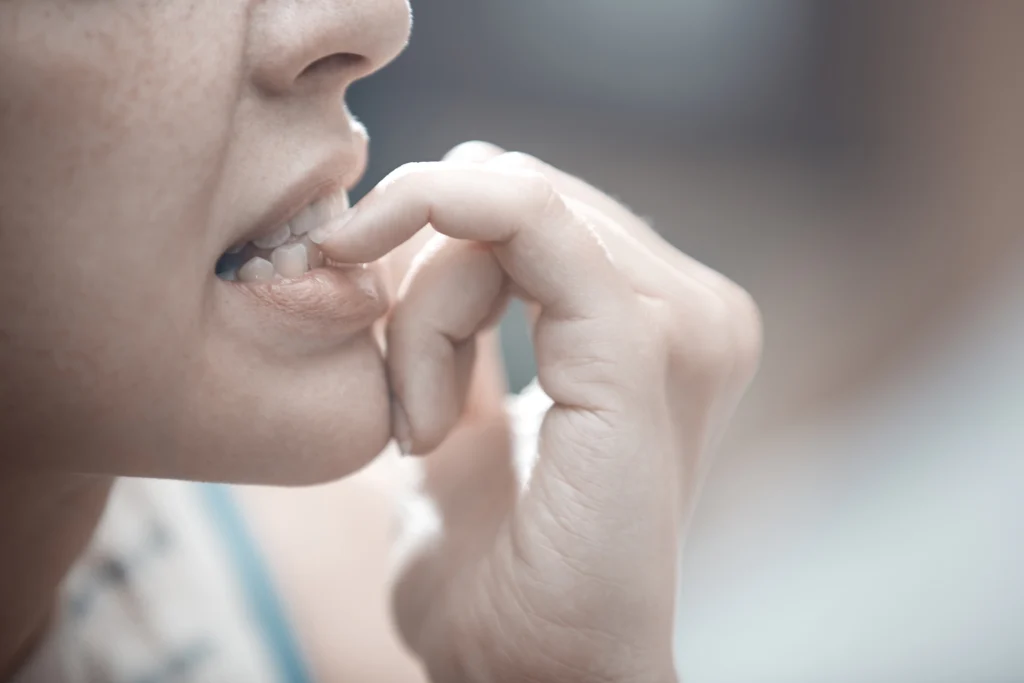Panic disorder is a sort of anxiety disorder characterized by the experience of recurrent, unexpected panic attacks. Individuals may also have excessive or recurrent anxiety concerning when another panic attack may occur.
Panic disorder affects 2. 5% of people in the United States and can cause distress and interfere with daily life. People with panic disorder may additionally spend tons of their time worrying about panic attacks or may keep away from situations or activities that could trigger a panic attack.
What Is Panic Disorder?
People with panic disorder experience both expected and unexpected panic attacks. These attacks are marked by a sudden wave of fear or discomfort, accompanied by a feeling of losing control, even if there is no apparent threat or trigger. Not everyone who experiences a panic attack will develop panic disorder. Panic attacks often involve physical symptoms that may resemble a heart attack, such as trembling, tingling sensations, or a rapid heart rate. Panic attacks can arise at any time. Individuals with panic disorder often live in fear of experiencing another attack and may make significant lifestyle changes to avoid any other attacks. Panic attacks can occur as frequently as several times a day or as a few times a year. Panic disorder typically begins in late teenage years or early adulthood, and it is more commonly diagnosed in women than in men.
What are the Symptoms of a Panic Disorder?
- Frequent sudden episodes of panic, anxiety attacks, and overwhelming fear
- Feelings of loss of control, fear of death, or impending revelation as panic strikes
- Intense anxiety arises regarding when the next panic attack will happen.
- Fear or avoidance of environments where panic attacks have previously occurred.
Physical panic disorder symptoms include:
- Palpitating or racing heart
- Excessive sweating
- Feeling cold
- Trembling or shaking
- Difficulty breathing
- Weakness or dizziness
- Cold or clammy hands
- Chest pain or discomfort
- Abdominal pain or nausea

What Causes Panic Disorder?
While panic disorder can sometimes run in families, it is unclear why some family members are affected while others are not. Researchers have found that various parts of the brain and certain biological processes can play a role in the development of fear and anxiety.
Some researchers believe that panic attacks are like “false alarms,” where our body’s normal survival instincts are overly sensitive, too frequent, and too intense. For instance, someone with panic disorder might feel their heart pounding and believe they are having a heart attack.
How Is Panic Disorder Treated?
If you’re experiencing symptoms of panic disorder, it’s important to talk to a healthcare provider. After discussing your medical history, your healthcare provider may conduct a physical examination to rule out any unrelated physical problems that could be causing your symptoms.
Your healthcare provider may also refer you to a mental health professional, such as a psychiatrist, psychologist, or clinical social worker. Getting a diagnosis, typically from a mental health professional, is the first step toward effective treatment. Panic disorder is commonly treated with psychotherapy (also known as “talk therapy”), medication, or a combination of both. Talk to a healthcare provider to determine the best treatment approach for you.
If you are exploring panic disorder treatment options in Los Angeles or Santa Monica, reach out to Bespoke Treatment, offering all the following treatment options for panic disorder:

Psychotherapy
Cognitive Behavioral Therapy (CBT), a research-supported form of psychotherapy, is commonly used to treat panic disorder. CBT teaches you new ways of thinking, behaving, and reacting to the emotions that occur during or before a panic attack. Panic attacks can become less frequent as you learn to respond differently to the physical sensations of anxiety and fear during an attack.
Exposure therapy, a unique CBT technique, focuses on confronting the fears and beliefs associated with panic disorder to help you engage in activities you have been avoiding. Exposure therapy is sometimes used in combination with relaxation exercises.
Medication
Healthcare providers may prescribe medication to treat panic disorder, and various types of medication can be effective, including:
- Antidepressants, such as selective serotonin reuptake inhibitors (SSRIs) and serotonin-norepinephrine reuptake inhibitors (SNRIs)
- Beta-blockers
- Anti-anxiety medications
- Benzodiazepines

Medications for Treating Panic Disorder
These medications are commonly used to treat depression, but they can also help treat the symptoms of panic disorder. It may take several weeks for them to start working.
These medications can also cause side effects, such as headaches, nausea, or difficulty sleeping. However, these side effects are usually mild, especially if the dose is started low and increased gradually over time. Make sure to discuss any side effects you may experience with your healthcare provider.
Beta-blockers can help control some of the physical symptoms of panic disorder, such as rapid heart rate, sweating, and tremors. While healthcare providers do not typically prescribe beta-blockers specifically for panic disorder, this medication can be helpful in certain situations that precede a panic attack.
Benzodiazepines, which are sedative anti-anxiety medications, can be very effective in rapidly reducing symptoms of panic attacks. However, some people develop a tolerance to these medications and require higher doses to achieve the same effect. Some individuals may even develop a dependence on them. Therefore, healthcare providers may prescribe them for as short a duration as possible if needed.
(833) 646-0763
Find Peace Amidst Panic. Your Journey to Stability Starts Here.
Bespoke Treatment offers comprehensive mental health treatment programs for residents of Los Angeles and Santa Monica. Take the first step towards healing with panic disorder treatment options offered by Bespoke in California.
Get Started












